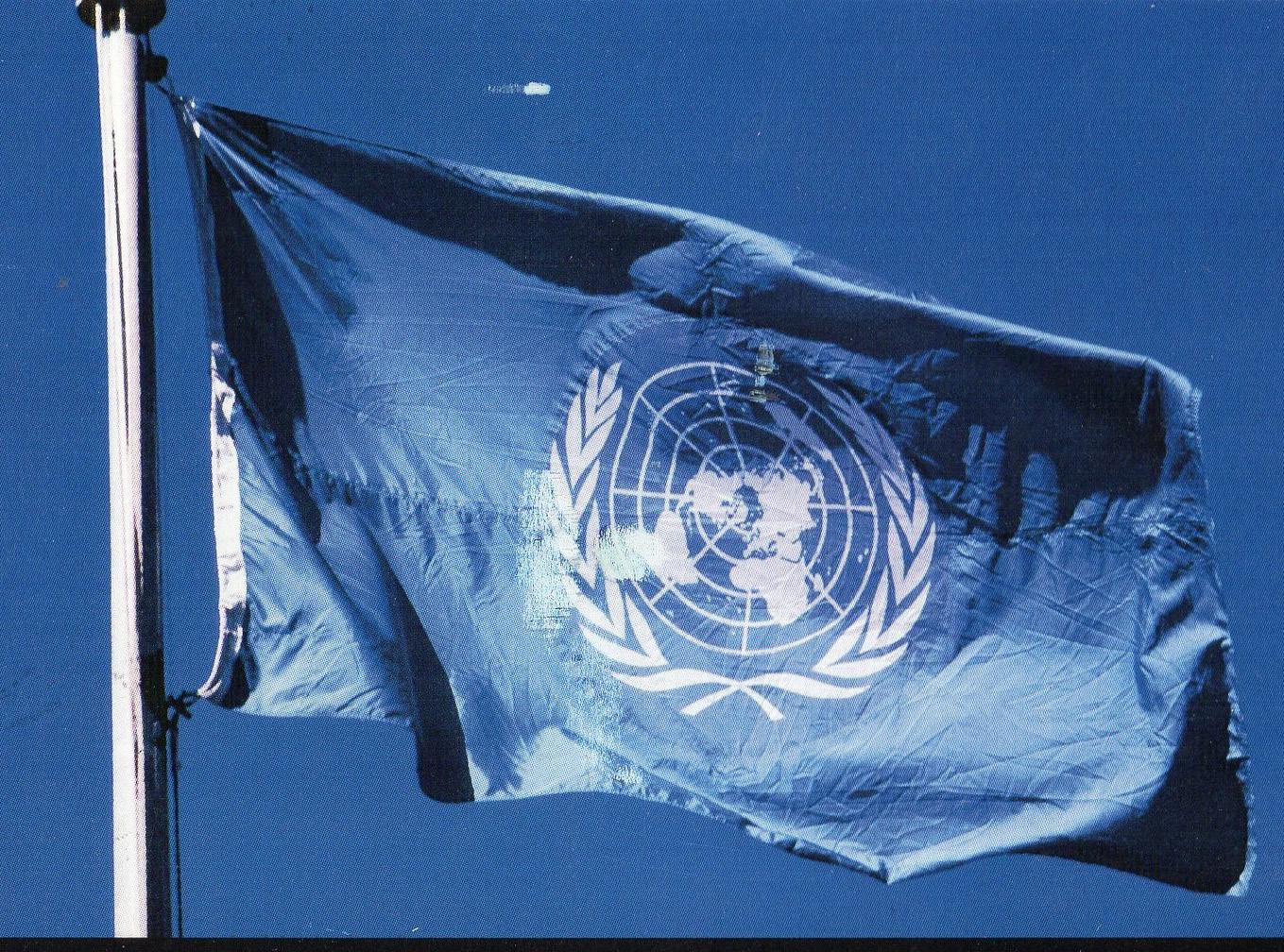
2 minute read
Will the New Agenda for Peace deliver?
THE Russian invasion of Ukraine has reshaped global political alliances and accelerated the fragmentation of established systems. It represents one of the most violent and stark rejections of the much-vaunted rules-based international order whose demise has been a long time coming.
As the liberal paradigms it has spawned wane, disgruntled voices across continents are getting louder. Some are chafing at being dictated to or acted upon by its very proponents who repeatedly flout it with impunity when it suits their interests.
Advertisement
Restive scholars and practitioners from the Global South are pushing for an epistemic freedom from the single narrative about peace in order to diversify knowledge creation, and make space for alternative ways of knowing, being, and doing that have been violently othered by colonisation and its hegemonic knowledge system self-perceived as more accurate and superior.
As of the third quarter of 2022, India overtook the UK as the fifth-largest economy in the world, meaning that three of the world’s largest economies are Asian (China and Japan being the other two). And yet, only one Asian country occupies a permanent seat on the UN Security Council, the organ entrusted with making key decisions about world peace and security.
Similarly, by 2030 approximately one in five persons in the world (18 per cent) will live in one of the 54 countries of the African continent and yet, not a single African nation is permanently represented on the Council. These arguments are repeatedly put forth in the complex discussions on Council reform.
While it is not the intention of this article to belabour this much larger debate, it is symptomatic of the increasing dissonance between evolving geopolitical realities and international organisations whose legitimacy and continued relevance are increasingly under stress.
While waiting for the UN member states to instil new life in the discussion on the reform of the Security Council as part of their commitment to upgrade the world body, the drafters of the New Agenda for Peace (NAfP), need to bear witness to the internal contradictions the aforementioned geopolitical imbalances are having on the UN and its peace and security work.
In this connection, the NAfP as set out in Our Common Agenda seems to have fallen victim to these contradictions. On the one hand, it recognises that the traditional forms of prevention, management, and resolution are ill-suited to deliver on the promise of peace and that the risks we face are no longer managed effectively through existing systems. On the other hand, it states that strengthening the governance of global public goods does not require new institutions, only simply new resolve and new ways of working together.
The document further emphasises that the responsibility to shepherd new resolve and ways of working lies in the hands of member states, with the support of other relevant stakeholders. The attempt to deliver a global public good such as peace whilst holding on to institutions that may no longer resonate globally is a contradiction most visible aspect tends to be conceived as exogenously driven, time-bound interventions aimed at “building” or “sustaining” peace in countries deemed to suffer from a deficit in peace.


The criteria and political considerations










